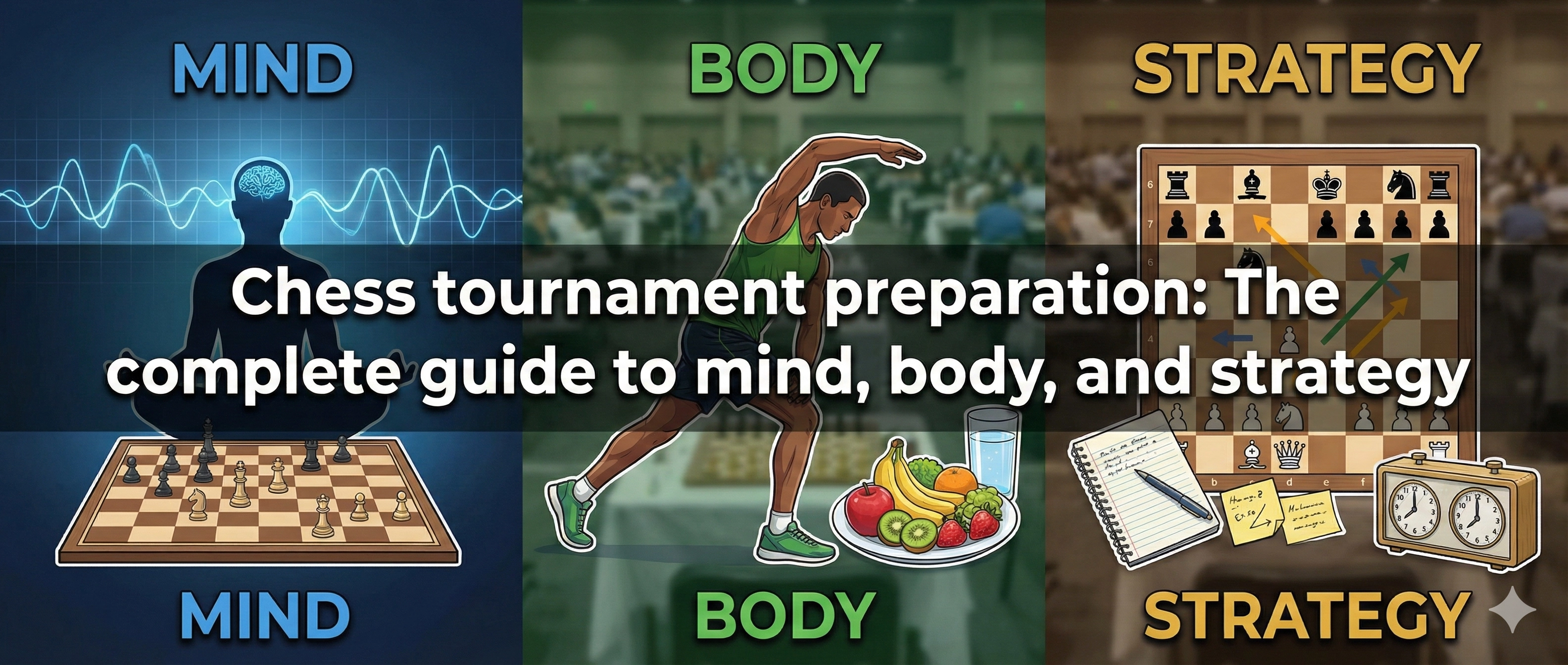The best high school students take advantage of their free time and enroll in additional college-level programs like AP classes and Honors courses.
For the sake of proving their abilities, many students enroll in either of them without really understanding the difference between AP vs. Honors.
Some even wonder if honors courses are the same as AP courses. But the reality is, you must understand honors vs ap as both of them require hard work.
Read this to understand the difference between the two and make a decision as per your educational goals.
AP Classes vs. Honors
Honors classes are advanced high school courses, while AP courses are college-level classes for grades 10–12. AP exams can earn college credit, boost GPA, and strengthen college applications. Not all AP subjects are offered at every school, but students can take exams independently.
Parameters | AP course | Honors course |
Eligibility | Any applicant can enroll | Depends on your school |
Impact on GPA | Increase in GPA with 1.0 grade point per subject | Increase in GPA with 0.5-grade point per subject |
Counts Toward Final High School Transcript? | Yes | Yes |
Impressive to College Admissions? | A 4.0 is likable by all types of colleges | For in-state colleges. |
Impact on College Credits | Yes | No |
Securing placements in college level | Allowed in some cases | No |
Curriculum | Decided by the college board | Decided by the Department Heads and Teachers |
Difficulty level | More than Honors, mirror college-level course | More than Regular classes, mirror advanced rigor high school course |
Exam place | Any institution assigned by college Board | School |
Exam date | Between May to June | Along with standard exam schedule |
Exam fee | Nil |

1. AP Increases GPA
By 1 but Honors increase GPA by 0.5 Every student is focused on high GPA and admission in a good college. The good news is that both courses do enhance your GPA.
You get up to 1 additional grade point in an AP course subject. That means if your current grade GPA in history is 3.6, but you have chosen AP history, it will increase to 4.6. However, you get only up to 0.5-grade point for an honors subject.
This difference is there because AP courses are more difficult than honors course. While most schools follow this method, some selective high schools have a different marking scheme for GPA for AP courses. It's best to consult the administration dept before enrolling in any of them for college application.
2. AP Contributes to College Credits
Honors don’t Undoubtedly, honors courses and AP courses make your college applications stand out. However, AP classes allow you to earn additional college credits, while honors don't.
Almost all universities during college admissions provide these college credits for AP courses, from New York University to Michigan University. All you need is to pass the exam with more than 3 to avail the college credits.
But note that for some prestigious universities, the cut-off for these advanced classes is 4 out of 5. But before applying, do look at the scheme, as some of them, like Brown University, don't accept AP scores or provide college credits.
Instead, they give upper-classes advantages to the students who wish to opt for them. So it is a win-win situation in the AP course.
Check out EnthuZiastic AP Courses to learn with the best teachers.
3. AP Syllabus is Defined by College Board
Honors by School’s Administration The College Board is responsible for conducting the AP exam and setting the curriculum for the exam.
Hence the syllabus for the AP course is universal and remains the same for all applicants. However, syllabus for honors courses is designed by the teachers or school’s administration.
That means either the subject teacher solely or your university's administration is involved in creating the curriculum. Hence, always look out to be in the good books of your teachers! Syllabus for the honors course can vary from school to school.
4. AP is more Advanced than Honors Well
It's a fact that AP is way more advanced (as it is set by the universal College Board) than honors courses. They prepare the student for regular college work courses.
For honors course, it's more of an advanced high school course and requires more rigor. However, the difficulty level varies with the subject.
Some AP course like Physics and History is way more difficult than subjects like Psychology, English Literature, etc. So in the battle of difficulty between Honors vs. AP, AP is way ahead.

5. AP Exams Require Fees
But Honors don’t Honors course are advanced-level school courses, and hence there is no additional fee. These are facts provided by schools for your benefit.
On the other hand, the AP exam costs around $93 per exam in the US, US territories, and Canada, and it is the same for all subjects.
This rate for AP courses is set by the College Board and varies with different factors like International sites, school rebates, etc.

6. AP takes place on Specific Dates
Whereas Honors follow School’s Timetable Honors classes take place as per the school's exam timetable and regular subjects. AP exams are conducted on an official test date or specific dates, usually from May to June, for all students.
The schedules are released yearly, and you must sign up before appearing. Paper and pencil are used for all examinations except for AP Chinese Language and Culture and Japanese Language and Culture tests.
Your high school should be able to accommodate your testing needs. If not, you may register to take the exam at another institution.
If you are fortunate enough, some AP teachers allow students to skip regular classroom courses if they opt for the AP exam! There, you have got another answer to “Is AP better than Honors?”
AP Resources

AP vs. Honors: Which one to choose?

So, is AP course better than an honors course? Well, Honors and Advanced Placement (AP) courses are both tough options that will look better on a college application.
Choose AP Courses
If you want a shiny resume while applying to top universities as AP course can provide you the edge.
A high AP score demonstrates to universities that you are prepared to thrive academically in college and may get you college credit.
Choose Honors course
If you have already planned your college majors and are in love with some particular subjects.
They provide you with in-depth and well-balanced information.


Conclusion
While both AP and Honors are the cherry in the cake for your resume, certainly there exists certain differences which can affect the overall preparation strategy for your exams.
We hope that this article has helped you in clearing all your doubts regarding the differences between these two advanced courses. However always remember that the key is to find the balance and not overload yourself in less time.
FAQs
1. Is it necessary to take AP or honors course if I am targeting the Ivy League or top schools?
When it comes to Ivy Leagues, a combination of factors helps ace your college application like GPA, test scores, studying advanced coursework etc. If you don't have an all-rounder profile, you can compensate for the same by applying for these courses. Having done AP or Honors help your resume stand out. Hence we recommend going for it!
2. How many Honors classes during college-level should I enroll in?
Enroll for 2 to 3 honor classes each sem. It is well manageable. However, if you have more time and think that your favorite subjects are also there, you can opt for as much as you can. There is no limit.

3. How can I prepare for college-level AP exams?
Usually, your school provides additional resources for AP classes. However, apart from self-study, you should enroll for AP classes with expert tutors.
4. How can I submit my college-level AP score to the universities I am applying for?
At the time of registration, you will be asked to choose which schools you want to receive your test results from. You may also register for an account on The College Board's website to have access to your results as soon as they become public.






Comments